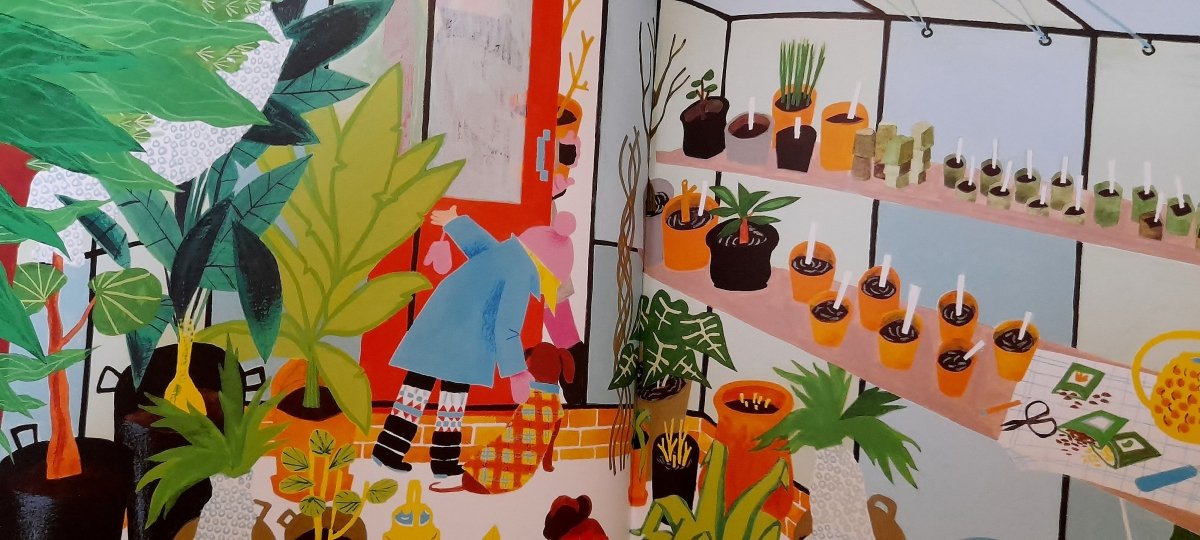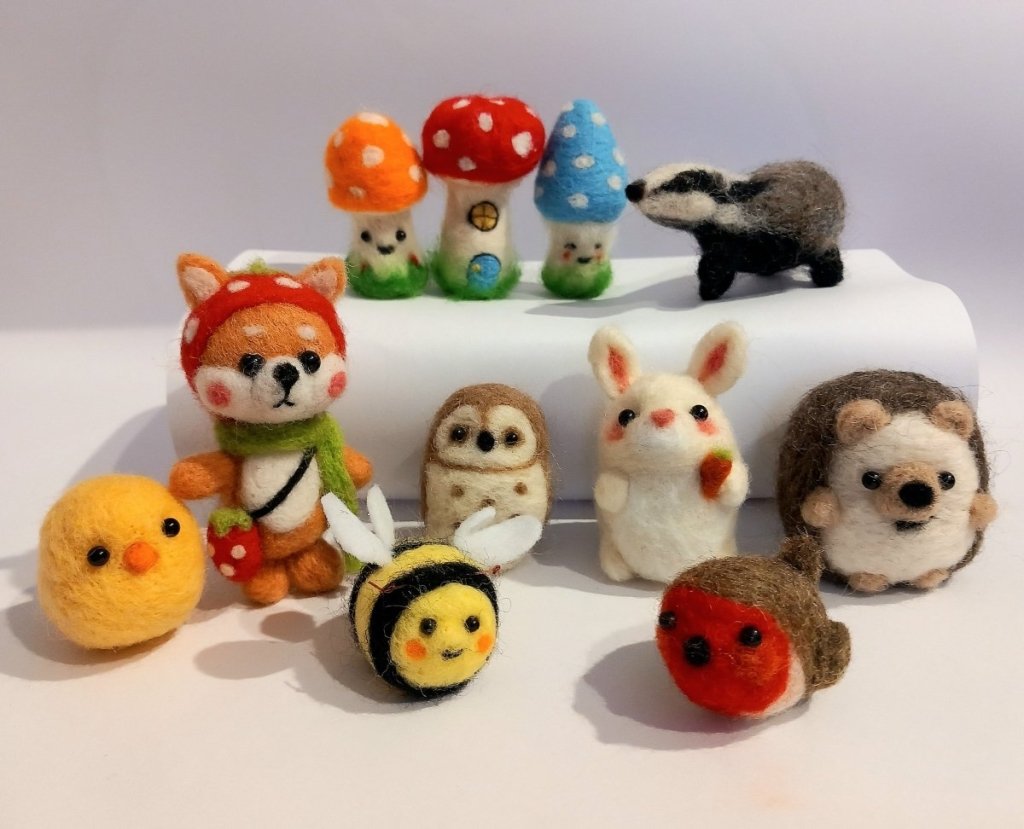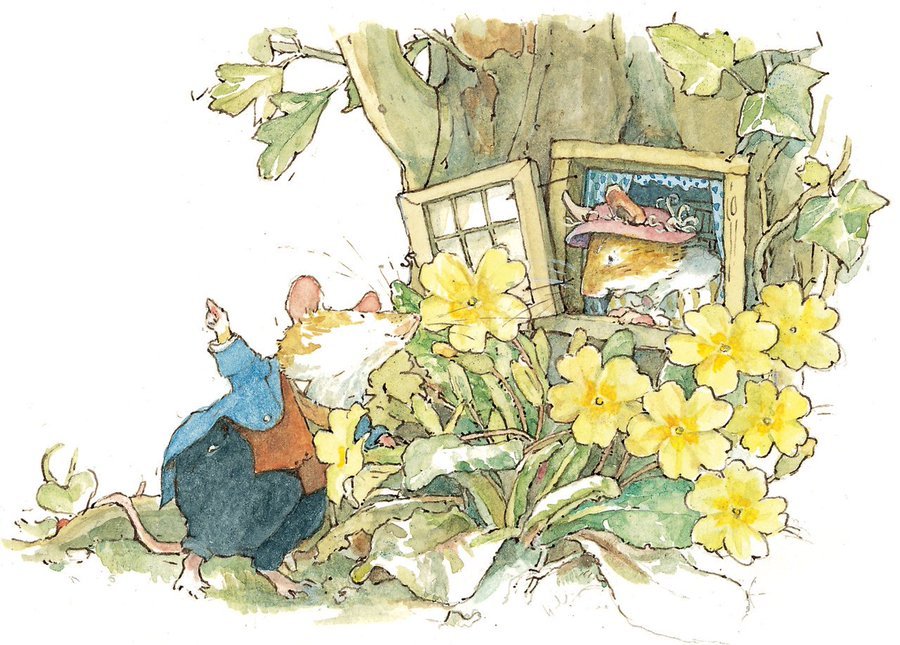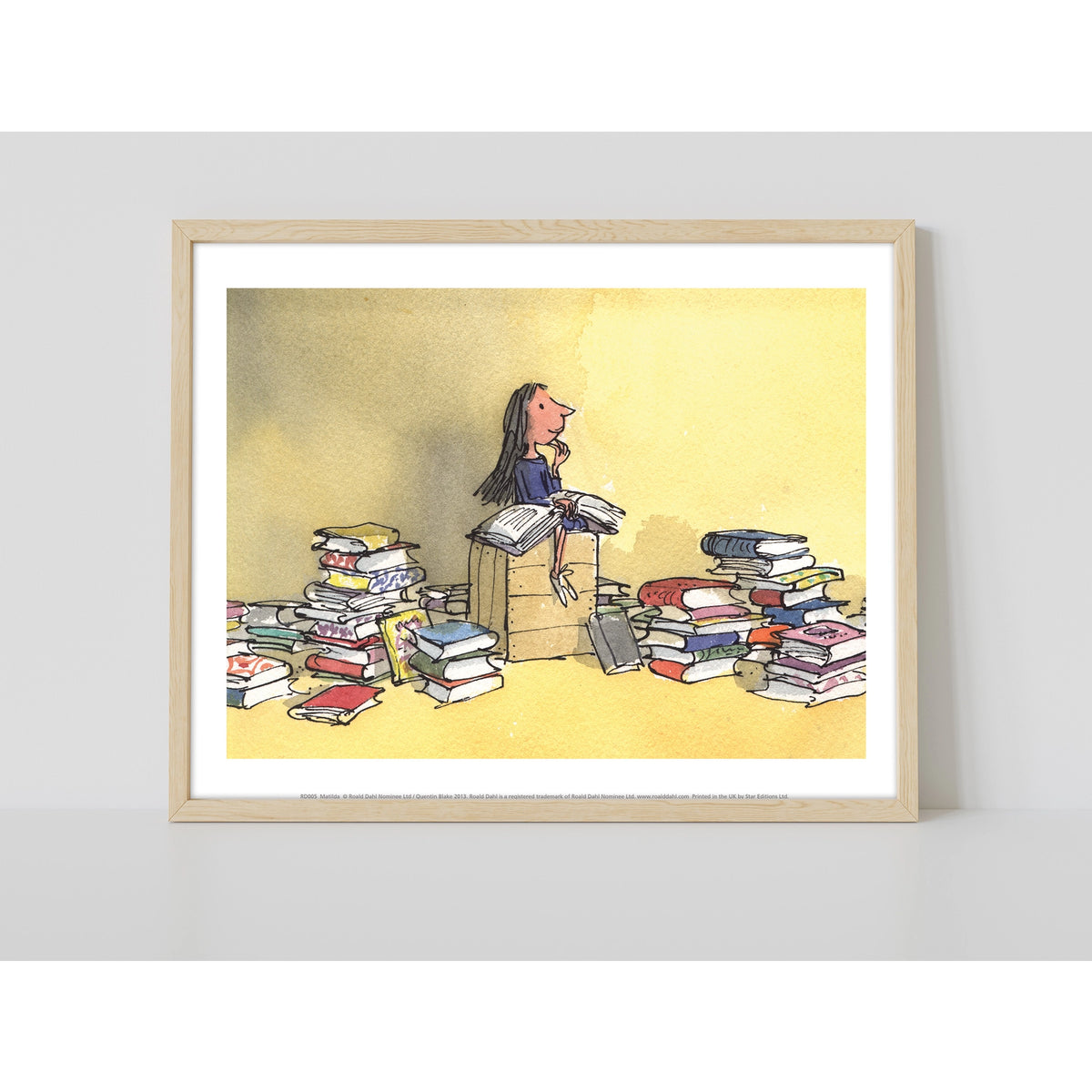Gardening With Your Children This Spring

Spring has sprung in Ireland, finally. The days are getting longer each week and there's even a bit of sun to be seen peeking its head out now and then. While we're still in lockdown, the promise of longer evenings for walking and sunny weekends spent in the garden is bringing a bit of hope. With another long summer facing parents who've been working from home all year, we've got some ideas to get the kids interested in gardening this spring, and keep them busy and engaged all summer. Here's a list of activities you can do at home over the next couple of months.
Grow seedlings
This time of year is key for preparing your garden or plant pots. Whether you have a full greenhouse or a sunny windowsill, now is the perfect time to sow seeds and kids will love watching them grow. Nothing beats the excitement of seeing the first little sprout raise its head after weeks of anticipation. In the Garden by Noëlle Smit is an enchanting illustrated book, perfect for getting children excited about growing vegetables or flowers. It has a beautiful double-page spread illustration for every month of the year. Smit's illustrations are bursting with vibrant colour but always appear perfectly balanced, just like nature itself. Children will love noticing the changes in nature from page to page and will get excited about what they can achieve with their own seeds.
In early April you can sow seeds under glass for lettuce, french beans, peas, cucumbers, and chillis. Or, if flowers are more your thing, you can sow these now and transfer them outside when it gets sunnier. Flowers like cosmos, nasturtium and morning glory will do well on the windowsill until they're ready to be planted outdoors.
If you prefer to get straight out into the soil, now is the time to plant cornflower seeds, wildflower mixes, night-scented stock and sweet pea outdoors. Just make sure the soil is not too wet and cold. The best way to do this is to pick up a handful and feel it on your skin. A fun job for any kids who love playing in mud!
Create an indoor herb garden
Easy Peasy, by Kirsten Bradley and illustrated by Aitch, is packed full of fun, simple activities that kids can do with plants and nature. The book is designed to be accessible to anyone regardless of whether they have an outdoor space or not. Most of the projects can be achieved using recycled materials.
The book also contains segments on nature and wildlife; everything from how to identify what type of soil you have to an explanation of how pollination occurs. Easy Peasy is the perfect book for preteen kids who love losing themselves in creative activities. Younger children will love it too, but may need more help with the activities.
The book shows how easy it is to make an indoor herb garden in a pot on a sunny windowsill. Easy Peasy suggests fennel and parsley, but rosemary, basil, oregano, and thyme will also grow well in a sunny spot. If your windows are shadier, go for chives or mint instead.
Make a recycled bird feeder
In early spring, there's still relatively little natural food around for birds, and it's a busy time for our feathered friends who will be making their nests. Easy Peasy shows us how to make an upcycled bird feeder. You'll need a large plastic bottle (like a two-litre fizzy drink bottle), two wooden baking spoons with long handles, some wire and string, a marker, scissors and birdseed. A funnel to pour the seeds into the bottle would be handy too.
Make holes in the bottle and push the wooden spoons through so that they act as perches. Fill the bottle with birdseed and hang it up in the garden using wire and string. When birds perch on the spoons their weight will expel little bits of birdseed from the holes. Just fill the bottle back up when the seed falls below the bottom spoon.
For best results hang the bottle somewhere in the open where birds won't feel threatened by potential hiding places for predators. Don't forget to put water out for the birds too; they'll happily bathe and drink from a bowl on a garden table. Be sure to place your new feeder in view of a window so you can watch your new friends coming and going! Then learn more about birds in The Big Book of Birds by Yuval Sommer or Magnificent Birds by Narisa Togo.
Save the bees
We're all aware by now of the important role that pollinators such as bees play in our ecosystem. Support these essential workers by planting a pollinator patch in your garden.
Bees love wildflowers, and varieties like cornflowers, cosmos, nigella and nasturtium, which are all easy to grow. You'll find loads of information on different types of flowers, the structure of flowers, pollinators, and why they're important in The Big Book of Blooms by Yuval Zommer. This is a stunning big book with glossy pages bursting with information.
Plant potatoes
Take some inspiration from Findus and Pettson and dig up a small patch of the garden to plant some potatoes. In Findus Plants Meatballs, mischevious cat Findus tries to grow a meatball bush by planting his beloved meatballs in the vegetable patch. Kids will love giggling at his exploits after helping you plant potatoes. They may even decide to "plant" some of their own snacks for fun.
April is the ideal time to plant potatoes, once the soil is slightly warm to touch. You'll need to get hold of some seed potatoes in the garden section of your supermarket or online shop, and some compost. Add a generous layer of compost (about 15cm) on top of your soil before you plant the seed potatoes. Plant the potatoes about as deep as your trowel, with the sprouted bits facing up. Using this method means you won't have to dig the potatoes out. Children can easily pull the plant out of the soft compost with their hands and will be delighted by their homegrown spuds.
Make a sensory garden
Nature is abundant with different textures, scents, colours and sounds. If you have space in a neglected part of the garden, why not plan a display that will engage all of the senses. Children will love experiencing their senses through nature. This is a particularly fun idea for children who are sensitive to sensory input, or who communicate nonverbally. The nurturing power of plants is well known; Flower Power by Christine Paxmann and Olaf Hajek is all about the healing nature of flowers and plants, and how they've been used for centuries to sooth the soul and enhance human health.
For scent, now is the right time of year to plant sweet peas and night-scented stock, which give off a magnificent scent in the daytime and nighttime respectively. Or order some English lavender plants and put down a bush of sweet scented lavender in a sunny spot sheltered from wind. For touch, add some swishy long grasses or succulents with bubbly, bumpy ridges . For colour, plant up a border of flowers. And for sound, add a wind chime or a small solar-powered water fountain.
We hope we've given you some fun ideas for getting your kids interested in the garden and nature this spring. Do let us know on our Twitter, Facebook or Instagram if you do any of these activities; we'd love to see some pictures!
Be sure to check out our full range of environment and nature themed books here.















